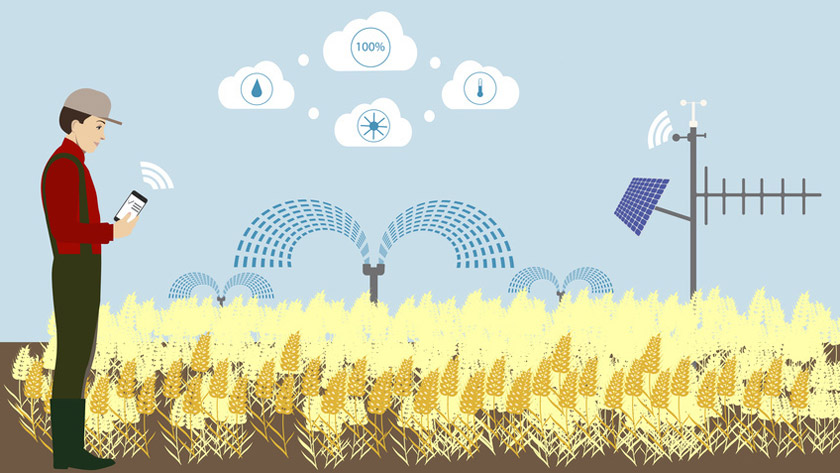
Agriculture lags behind the commercial sector and is just beginning to adopt IT solutions. It’s just that the industry has never traditionally relied on the latest developments. But this is changing. Agricultural software development services are becoming more in demand as companies realize that implementing IT products can take their business to the next level.
What Big Data is and how it works
Big data is not a specific boundary in volume, after which the data goes to the section of big data. Big data has always existed. It is not data per se, but a set of strategies for analyzing it that allow you to benefit from owning it.
Traditional technologies can handle big data, but the larger the amount of information, the slower the programs can process it. Therefore, two things are needed to collect and process big data: to distribute the process and to set up separate storage of the resulting information.
There are three characteristics in the nature of big data technology:
- The volume of data;
- The speed of its accumulation and processing;
- The variety of information.
By itself, the collected information will not bring any benefit. The benefit will come only after proper sorting and subsequent analysis of the information. This will allow you to find hidden regularities and, as a result, increase productivity.

What are the benefits of big data for agribusiness?
Big data processing has huge potential for agriculture. Companies have recognized this niche to develop new products. Services that are convenient for farmers without data skills are starting to emerge globally. Technologies are learning to make decisions on their own without human intervention; all that remains is to define tasks.
Special devices collect different data from the fields. For example, there are devices that must be inserted into the ground to determine moisture and soil conditions. Others are mounted on fleet vehicles to monitor their route, performance, fuel consumption and seeding rates.
Software apps collect, process, and analyze the collected data to provide valuable information to farmers in an accessible format.
Big data has become the key to precision agriculture. Agribusiness players have begun to use all the tools at their disposal to maximize yields.
The agribusiness industry has clearly become a target for big data technologies because from season to season, farmers and agribusinesses have to make many decisions to maximize or simply not lose crops.
Technology is compensating for the labor shortage in the agribusiness sector. Big data can optimize processes in the field that previously required hiring large numbers of people.
Tech World Times (TWT), a global collective focusing on the latest tech news and trends in blockchain, Fintech, Development & Testing, AI and Startups. If you are looking for the guest post then contact at techworldtimes@gmail.com

